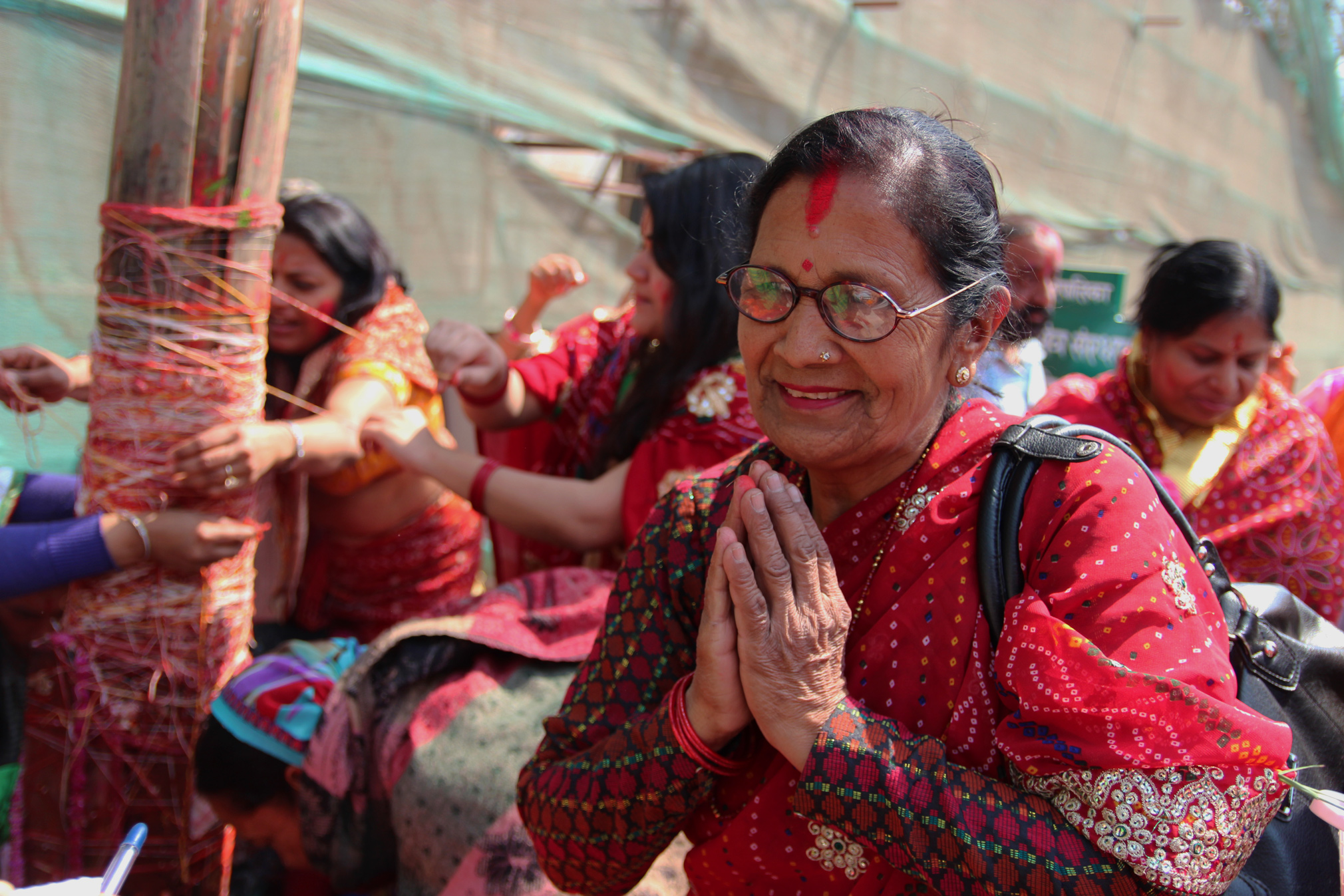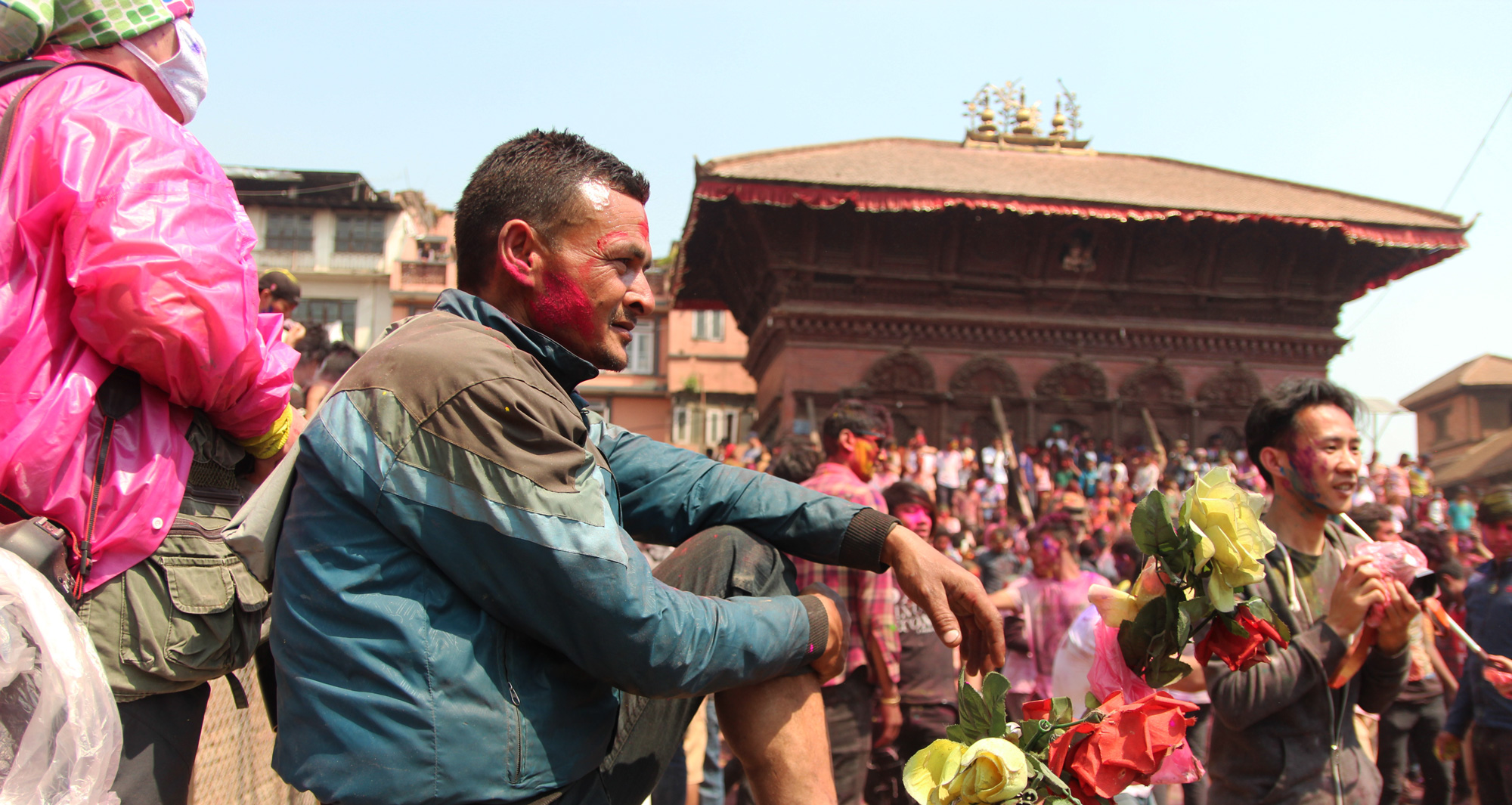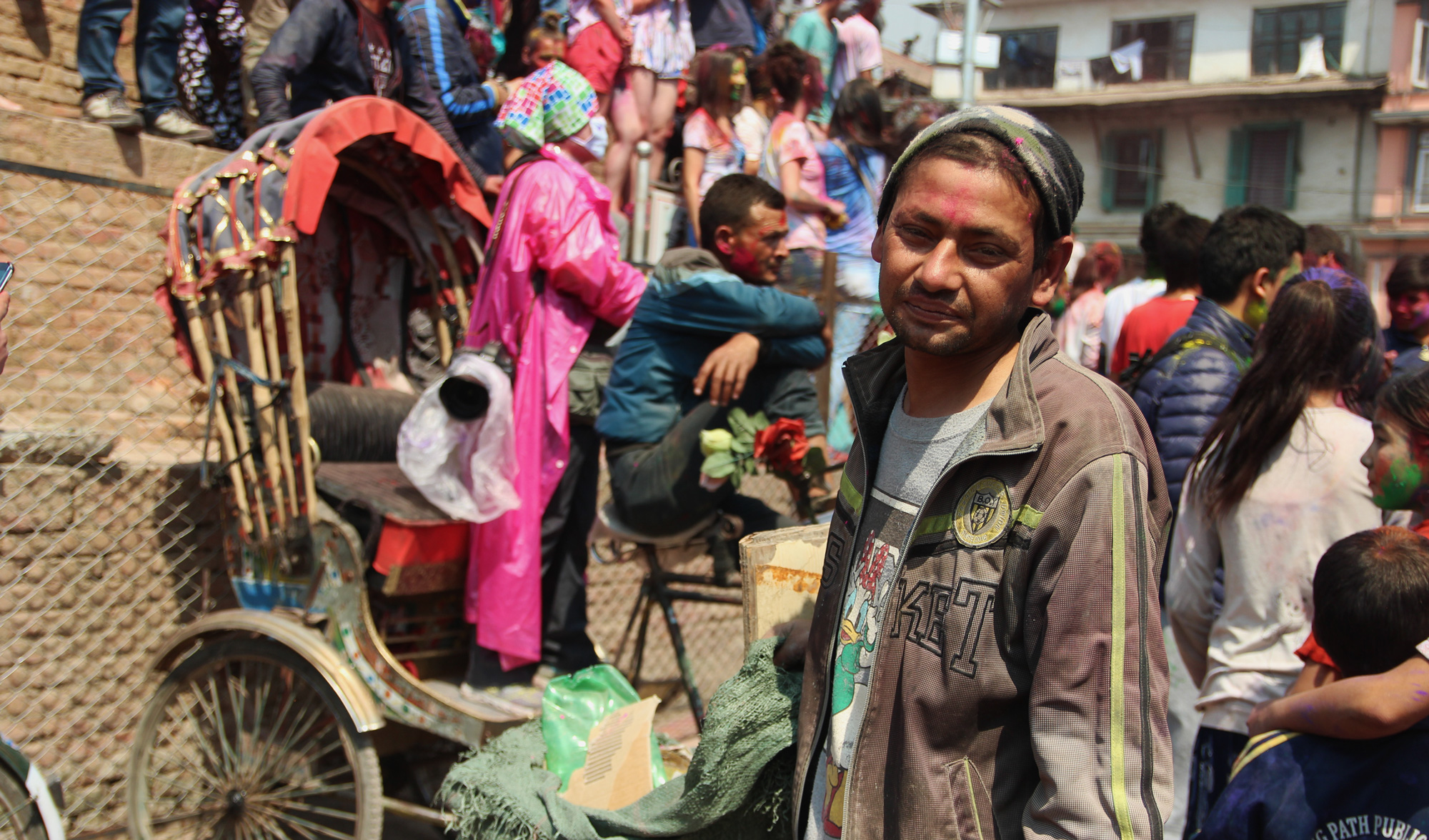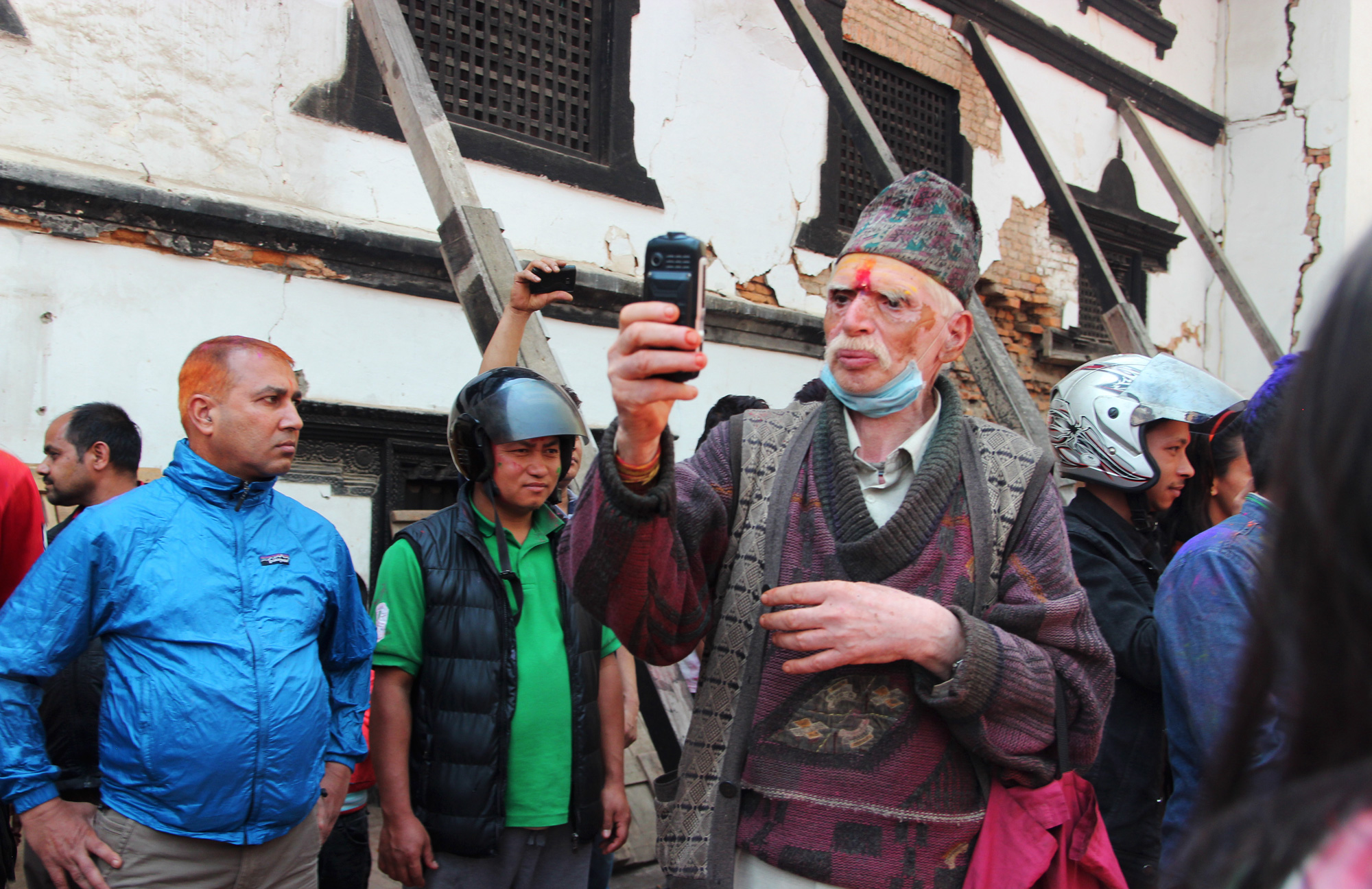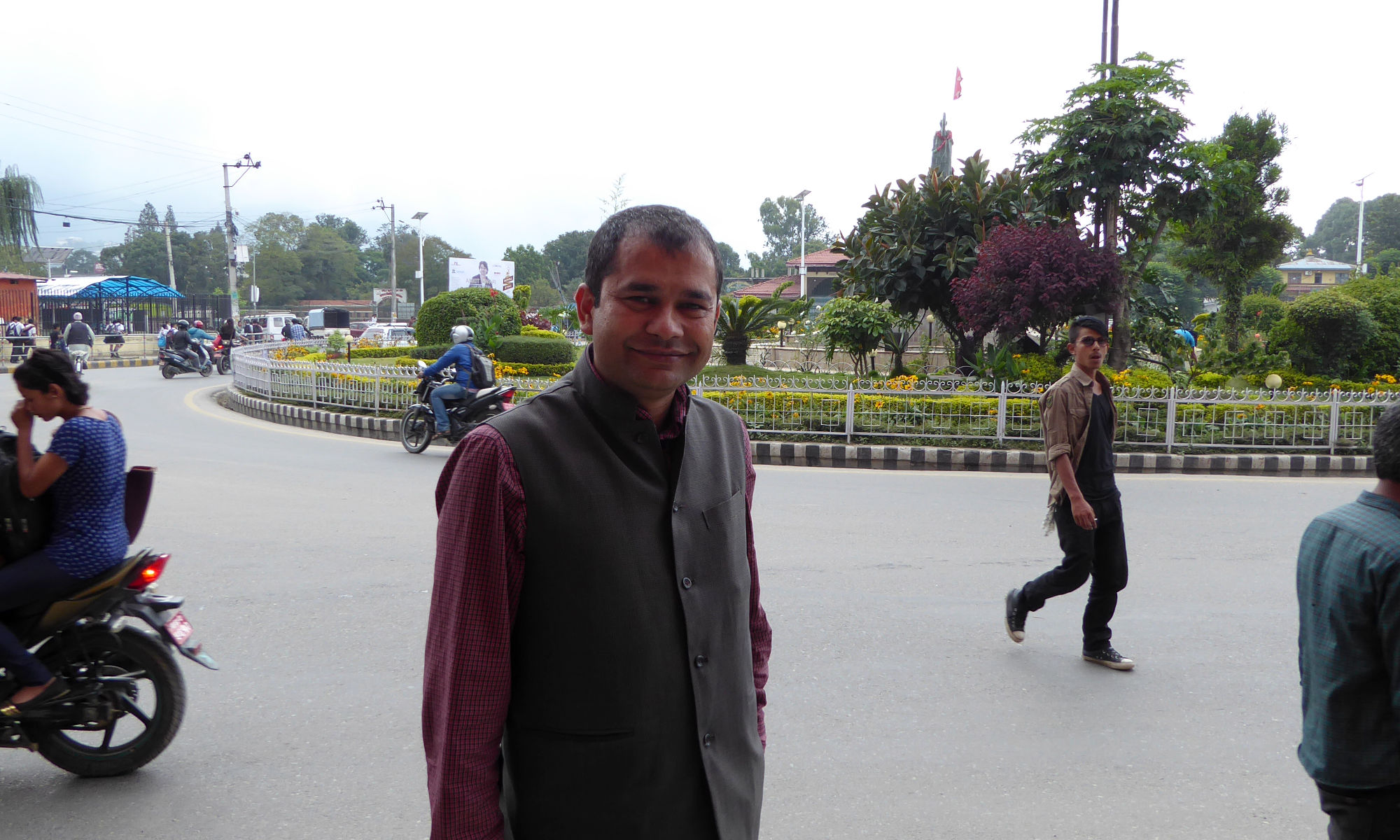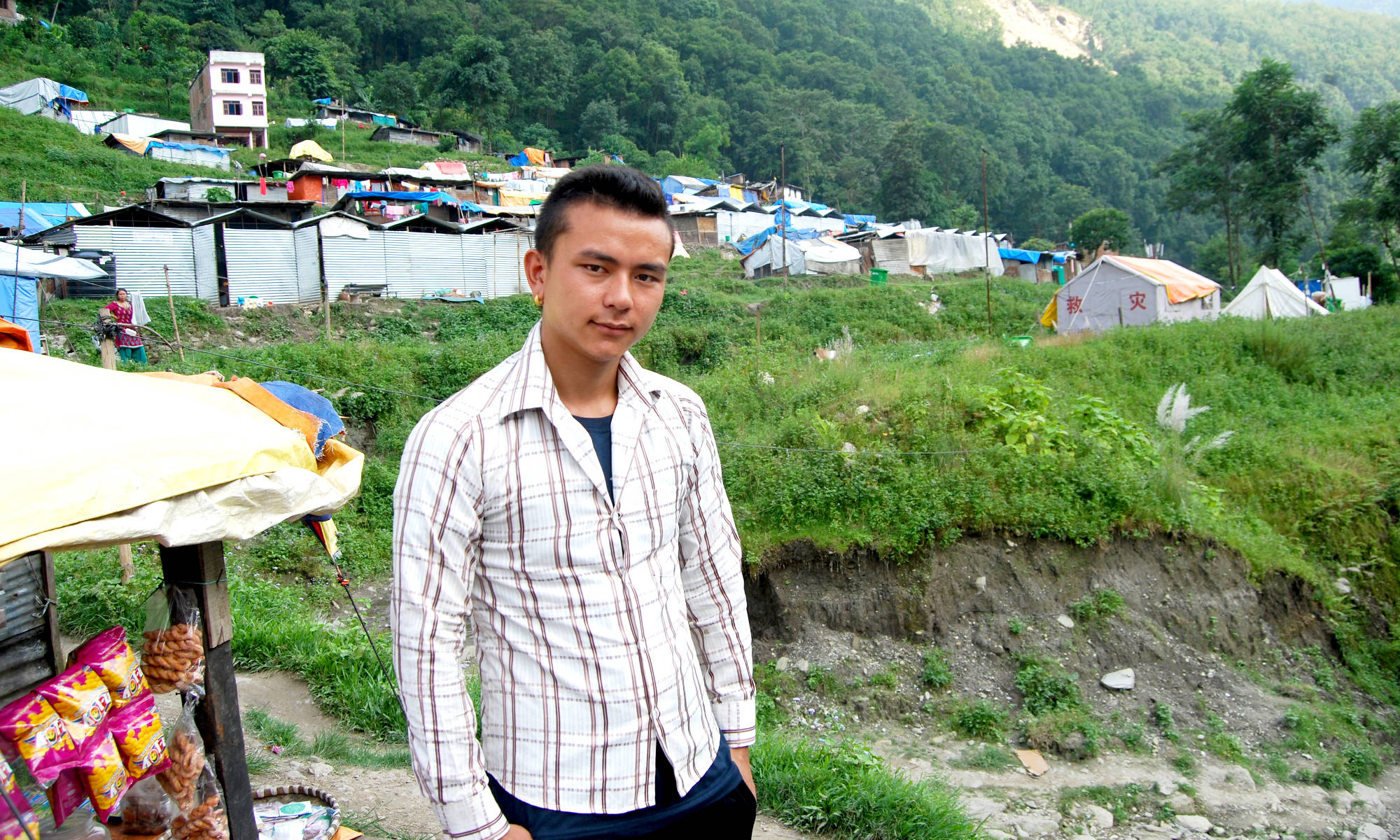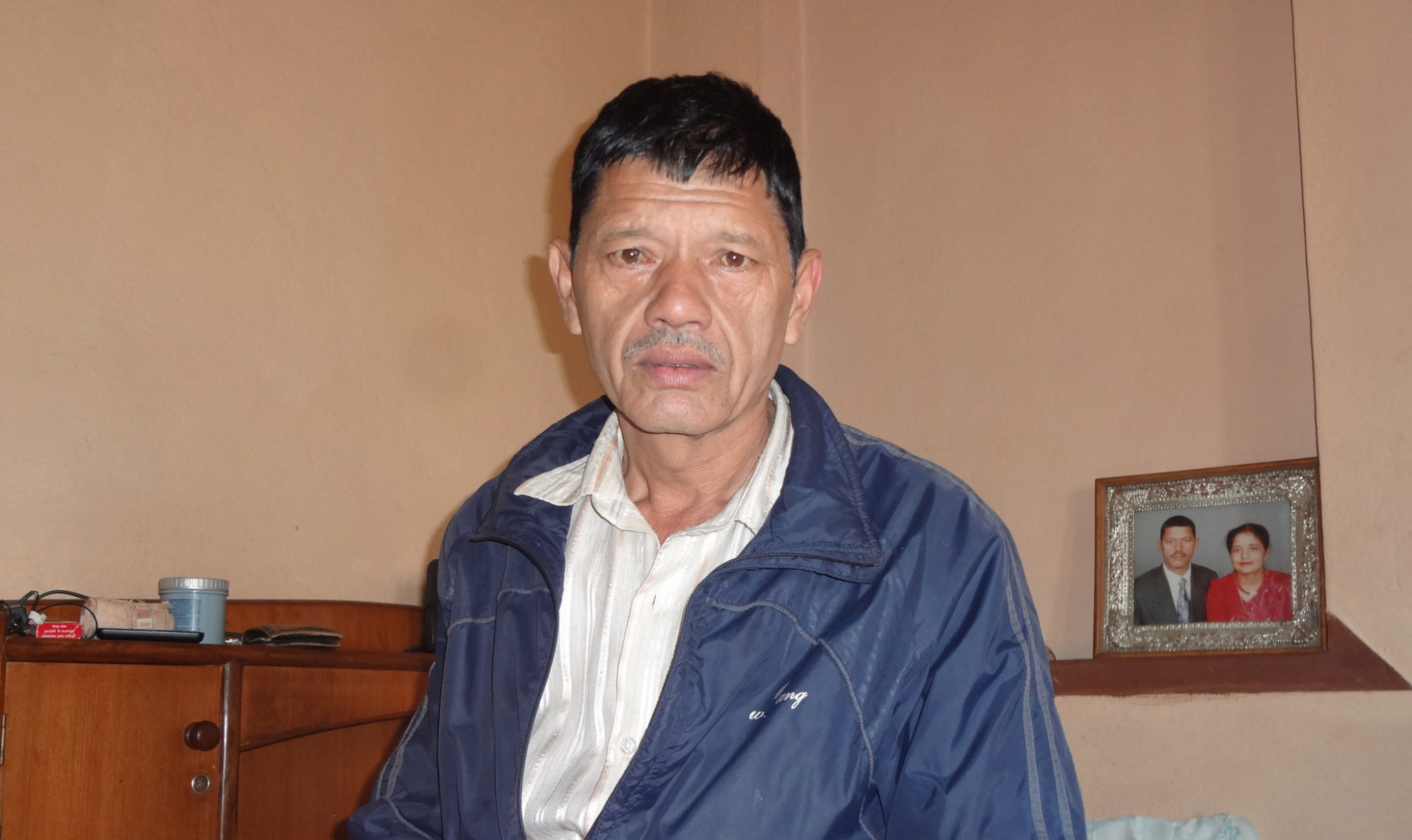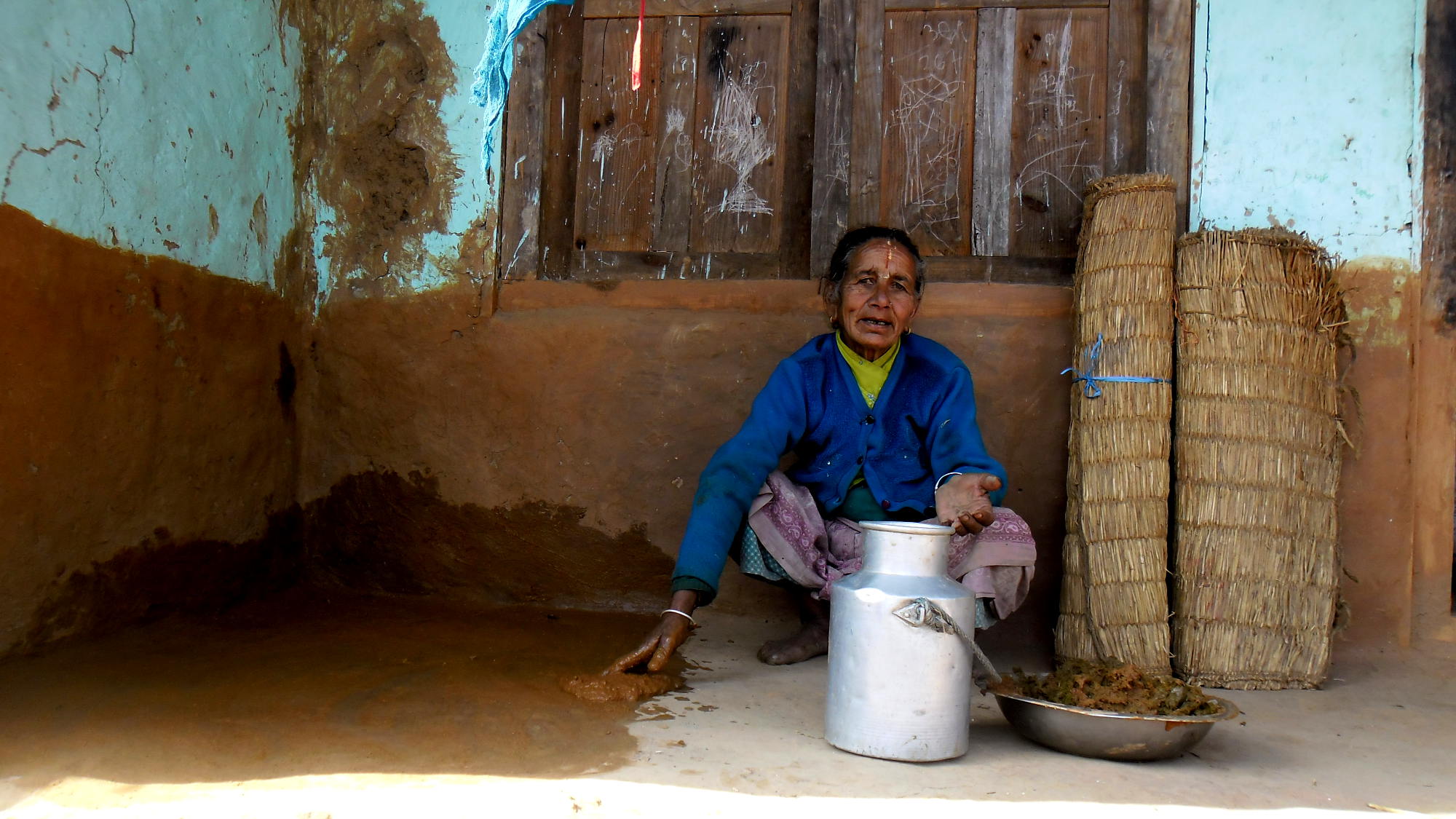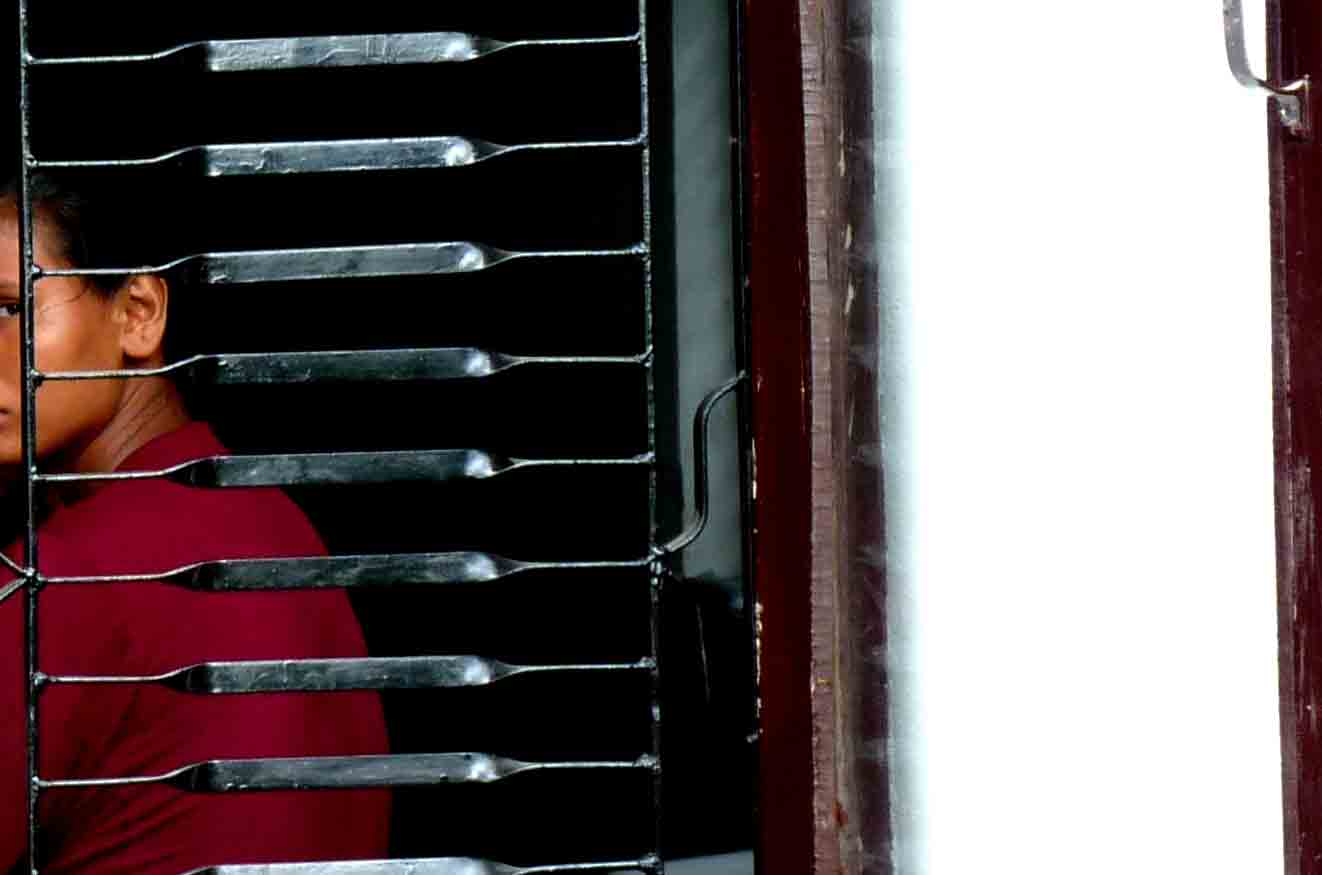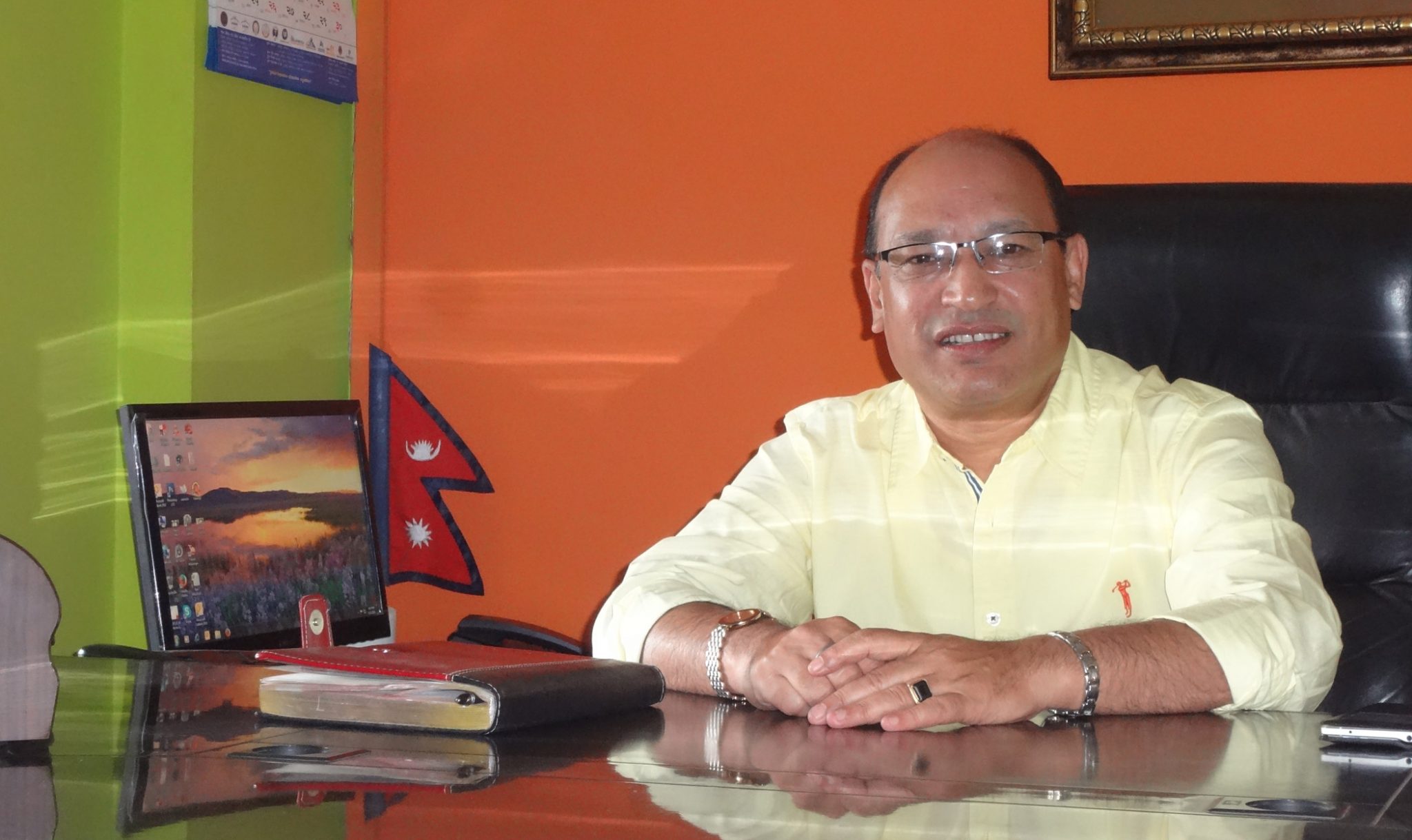“If you go to my village now, Gerkhu, in Nuwakot district, people act as if it is somehow a normal situation. They have managed to live in congested temporary shelters, by reusing material taken out from collapsed buildings. They have started playing cards and going to the tea-shops to discuss politics. This is why I say Nepali society is different from other societies in the world.
“I could say that my society is a society of resilience. They can, and have to, cope with any difficult situation they face. Since there is an absence of government in rural areas, people have to manage their day-to-day life on their own even during and after every crisis. While doing so, they generally rely on their own limited resources and skills.
“Villagers were able to cope on their own with the post-earthquake rebuilding because most of the houses were made with locally available materials and skills. Villagers just took the zinc sheet roofs from the collapsed houses, and reused them as temporary shelters. Even if the zinc was not reusable, and they had to buy it, this was not very difficult or costly, as villagers could go to the market and spend just 12,000 to 15,000 rupees. Most of the wood used in the old house could be reused. That would not be the case if they had modern houses. If it was a concrete house, it would be very difficult for villagers to cope with the situation.
“However, the media and politicians pose the idea to the villagers that they need to have concrete buildings. But how, if you are building a house on top of a hill with no road access? You have to carry sand, cement, steel, glass and what not. This sort of house costs at least a couple of million Nepalese rupees. But the villagers are getting a government grant of NPR 200,000 [approximately £1,265]. That is why the only option remaining for villagers is to go for modified traditional houses, which allow them to mobilise most of the money at the village level, to hire local labourers, masons and carpenters, and to buy local construction material like clay, uncooked bricks, stones, raw timber. This will not only ensure sustainable reconstruction but also revive the rural economy of Nepal by creating more jobs at a local level.”
Photo: Patrick Ward

